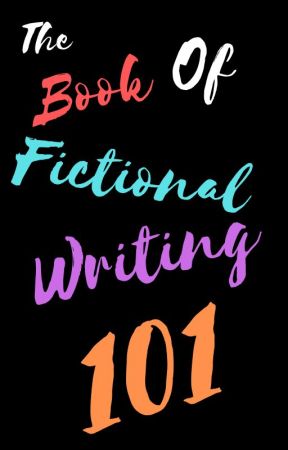"There's a storm brewing"
We've all heard some variant of this line before. Sometimes it's directly stated, sometimes it's implied. On the surface, it's apt metaphor--instilling in the audience a premonition. Just some classic foreshadowing, right?
It's a double-edged sword. It's handiness becomes its own undoing; too many authors rely on its usefulness to get it's point across. Everyone has experienced a bad storm before, making it relatable and also universally appealing.
Just to hammer home the point, here's a list of examples where the phrase is used in some capacity:
In Doctor Who, the main character himself (specifically the 9th and 10th doctors) is referred to as "The Oncoming Storm"
In Mary Poppins, Bert prophasizes Mary's return with the changing of the winds. This is a repeated motif throughout the film and especially in the musical.
The phrase is stated directly at the end of Terminator
Bob Dylan was fond of this phrase:
"...two riders were approaching,
And the wind began to howl!"
Bill Cipher uses it in Gravity Falls:
"'No puppet strings can hold me down*,
So patiently I watch this town,
Abnormal soon will be the norm
Enjoy the calm before the storm!'"
Not even Stephan King is immune to its appeal:
"There's a storm coming! His storm!"
--The Stand
So what? The recurrence of a metaphor in the media is nothing new. After all, great minds do think alike, and as mentioned before, storms are something universally experienced, so there is no need to deliberate over whether (pun not intended) or not the metaphor makes sense when localizing to another country.
This is a valid point, however, its resonance with the audience comes with drawbacks. It's repeated so often that the phrase has lost the force of the impact it was trying to invoke. What's worse, hearing the phrase may bring to mind another piece of media it was used in, which is not good. You want the audience invested in your story, not in somebody else's!
So what can we say instead? Well, you could try foreshadowing in a more direct sense rather than just hinting at something big coming; for instance, Ponyboy unknowingly predicts the fire in the church pages before it happens in The Outsiders.
"I saw Johnny's cigarette glowing in the dark and wondered vaguely what it was like inside a burning ember."
If that isn't appealing, or if you're just feeling lackadaisical, you could try tying the phrase into the plot of the story. Here's how:
"The overcast sky rumbled ominously overhead."
Okay, it's a good start. Implying the metaphor instead of directly stating it. But there's more we could do with it.
"Somber clouds rumbled ominously overhead, and with it came the smell of rain."
Ah, now the sentence implies that the oncoming storm is bringing something with it. Add changes as seen fit.
"The overcast sky rumbled ominously overhead; a squall besieged the branches of the trees which lined the courtyard, bringing with it the scent of rain."
Be careful you don't slip into purple prose, which at best can incite boredom at best and at worse bewilder. Also watch out for run-on sentences!
"The overcast sky rumbled ominously overhead; a squall besieged the branches of trees nearby, creating tumultuous havoc in its wake and bringing with it the scent of rain."
Let's see if we can add even more to this metaphor:
"The overcast sky rumbled ominously overhead; a squall besieged the trees which lined the courtyard whose tangled branches seemed to form an impassable barrier; as it blew, it brought with it the scent of rain."
There! Now our metaphor is complete. Perhaps it is told from someone refined in a palace against their will, and someone is fighting to break them out. Or perhaps the opposite: someone is trying to get in. Whatever the function may be, the storm is now compared to an oncoming force and the trees to a wall, foreshadowing an oncoming battle. However, it might hammer in the point a little too well, in which case back off and simplify.
Happy writing!
*I think this is an allusion to Pinocchio

YOU ARE READING
The Book of Fictional Writing 101
Non-FictionA handy lexicon of terms used in and applied to literary fiction and what they actually mean, as well as some ideas on how to improve your writing.
